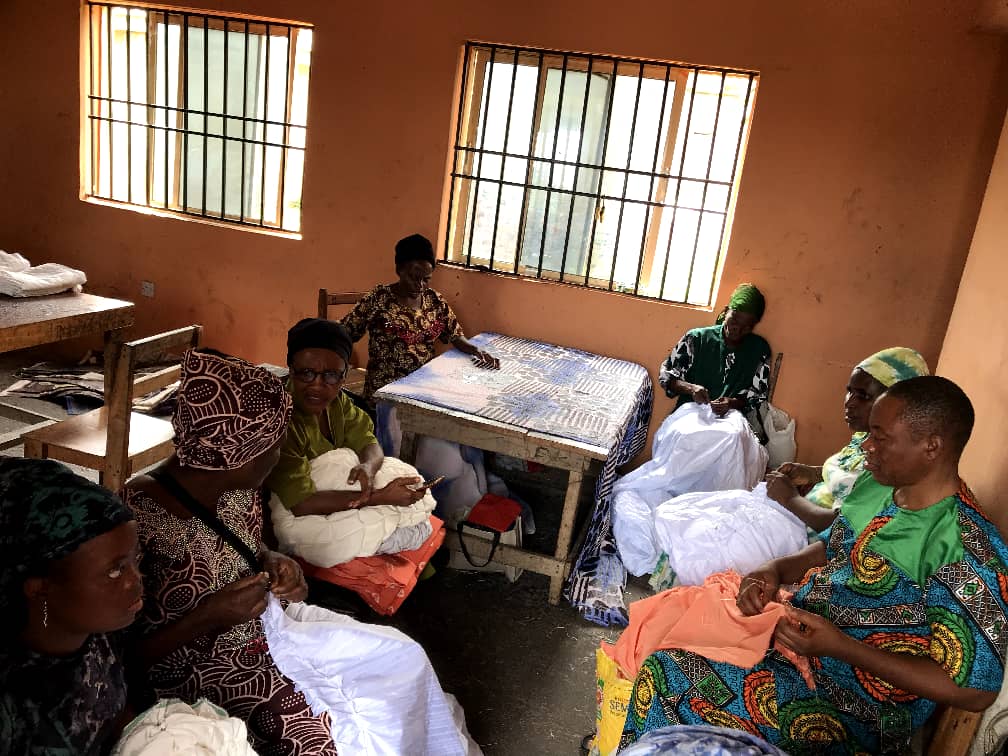A look at E-Naira’s acceptance, impact
[ad_1]
By Abdulrahman Abdulraheem
The Central Bank Digital Currency (CBDC), popularly called e-Naira, is growing faster than the expectation of pundits. It was greeted with scepticism after the launch in October 2021 as Nigerians wondered what it was about when internet banking was already part of the monetary system.
Many didn’t know that e-Naira, a non-physical currency, was different from internet banking. A cross section of them thought it was the same as cryptocurrency, like Bitcoin, Ethereum, etc., which the Central Bank of Nigeria (CBN) warned against as it is unregulated.
Even some economists and scholars expressed doubts over the quick acceptance of the e-Naira. Some concluded it was another failed government project in the making. But the CBN had ideas. The first thing was to lecture Nigerians on its difference in comparison to cryptocurrency.
The apex bank has been educating the public on the difference between internet banking and digital currency, explaining the e-Naira is cheaper to send and receive money, as well as immuned from network problems associated with internet transactions.
Monies kept in e-Naira wallets are safer than the ones in conventional accounts with commercial banks. This is because the banking system or a particular bank can collapse and depositors may lose their monies but the government-owned CBN cannot crash.
The apex bank also used the whole of 2022 and the first quarter of 2023 to carry out robust marketing to attract new users. Advocacy teams moved round the nook and cranny of the country to meet Nigerians in different fields of endeavour to demonstrate how it works.
The result of the sensitisation workshops held for artisans, drivers, teachers, market women, among others, was reeled out by CBN Governor Godwin Emefiele after the recent Monetary Policy Committee (MPC). He said the value of e-Naira transactions hit N22 billion, a 68 percent increase, since January.
“More than N10 billion of it was minted, and about N3.429 billion currently in circulation. The number of wallets created so far also rose to 13 million. We have seen good progress in the adoption.
“We are happy that as we try to move more towards financial inclusion, and get people away from being excluded in the financial system, the e-Naira remains one of the very portable options for all to adopt,” he said.
Emefiele added that the 13 million wallets created in the last 18 months were categorised based on their level of usage. There are 12.6 million at Tier Zero; 11,354 at Tier 1; 367,000 at Tier 2, while the remaining 9,649 were at Tier 3 usage level.
Assuring that everything possible would be done to improve the platform, the CBN chief observed the approval rate of the digital currency continues to grow. More Nigerians got on the platform at the peak of the scarcity of naira before the general elections, according to analysts.
At the one year anniversary of the introduction of the CBDC in October 2021, Emefiele announced that over one million e-Naira App downloads had been recorded, an evidence of instant success corroborated by business magazine Economic Confidential.
Industry players say the CBN has done an impressive job at selling the e-Naira and gaining the trust and interest of hitherto sceptical persons. The apex bank had explained that it would focus on individuals and groups at the lower rung of the ladder in terms of education and financial resources.
The acceptance and impact of the digital currency is indeed remarkable. Despite the fact that it is an excellent idea to sell, its gradual spread was made possible by the people in charge of the advocacy who know their responsibility and how to strike the right chord at the right time and place.
Abdulrahman Abdulraheem is a financial journalist
[email protected]
[ad_2]














Post Comment